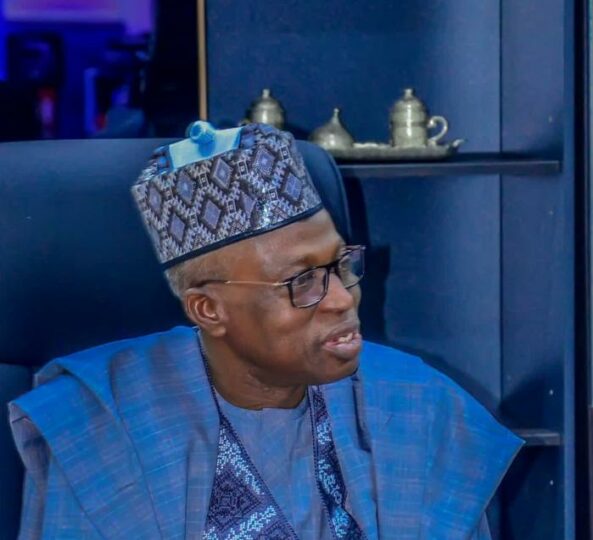In a decisive push to tackle Nigeria’s persistent housing deficit, particularly among young citizens, the Minister of State for Housing and Urban Development, Abdullahi Yusuf Atah, has underscored the critical role of youth empowerment within the nation’s housing sector. Speaking in a statement released by his aide, Seyi Olorunsola, Atah emphasized that deepening youth participation in homeownership is not only vital for social stability but also for fostering inclusive economic growth.
Atah highlighted the government’s renewed commitment through the Renewed Hope Housing Programme, a flagship initiative under President Bola Ahmed Tinubu’s administration aimed at delivering 50,000 affordable housing units nationwide in its initial phase. This ambitious programme integrates the development of Renewed Hope Cities and Renewed Hope Estates with robust public-private partnerships to expand affordable housing access across Nigeria.
“The Renewed Hope Programme represents a bold stride towards addressing the housing shortfall,” Atah stated. “It also serves as a catalyst for youth inclusion by providing multiple flexible pathways to homeownership.” These pathways include single-digit interest mortgage loans via the National Housing Fund (NHF), rent-to-own schemes facilitated by the Federal Mortgage Bank of Nigeria (FMBN), and accessible installment payment options.
The Minister recalled that in February 2024, President Tinubu inaugurated a 3,112-unit Renewed Hope City in Karsana, Abuja, marking a milestone in the government’s housing agenda. Furthermore, the Ministry recently broke ground on 2,000 new units across eight states spanning the southeast, south-south, southwest, and north-central regions.
To streamline access, the Ministry has launched an online portal designed to simplify registration, property selection, and eligibility verification, eliminating bureaucratic hurdles that often delay housing delivery.
The Federal Housing Authority (FHA) has also advanced the programme by opening bids for projects across 17 states, with 1,250 housing units currently under construction in four states. These projects are projected to generate approximately 31,250 direct and indirect jobs across construction, supply chains, and related industries, reinforcing the initiative’s role as an economic stimulus.
Atah acknowledged the critical link between housing and social outcomes: “Homeownership transcends the mere acquisition of property, it anchors dignity, responsibility, and social stability. By empowering youth to become homeowners, we can mitigate the societal challenges linked to idleness and disenfranchisement.”
Despite these strides, the Minister conceded that more must be done to ensure marginalized groups, especially the youth, are fully integrated into housing solutions. To this end, he advocates for dedicated quotas and preferential financing terms such as reduced down payments and extended repayment periods—tailored specifically for young Nigerians.
“The Renewed Hope Programme has set Nigeria on a promising path. However, its success hinges on embedding the aspirations and participation of youth at its core. I pledge that under my stewardship, young Nigerians will no longer be mere bystanders, but active beneficiaries and custodians of our nation’s housing future,” Atah affirmed.
As Nigeria grapples with rapid urbanization and a burgeoning youth population, such targeted interventions could prove pivotal in closing the housing gap while empowering the next generation to build a more stable and prosperous future.



